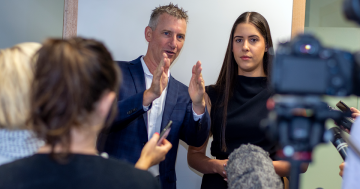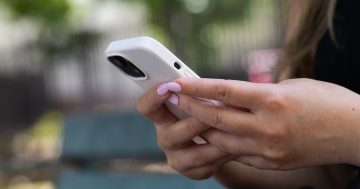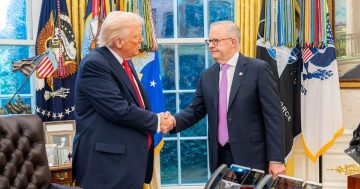It’s not just the candidates who should come to a job interview fully prepared says Kate Prior* who lists some of the requirements for the interview panel to help ensure the best talent is selected.
 You’ve shortlisted which top three-to-five candidates to interview.
You’ve shortlisted which top three-to-five candidates to interview.
You want to make sure the candidate you choose accepts the role.
It’s time to remember that it’s not only candidates being interviewed who can be nervous.
The same can be said for those on the interview panel.
Here are 12 tips to help the process run smoothly.
Prepare the candidate:
Most candidates will be nervous.
You never get the best out of candidates suffering from nerves, so help prepare them.
Start by providing this information before the interview.
Reading material you want the candidate to be familiar with; the address where the interview will take place; panel member names and positions.
Give them an estimate of the length of the interview; instructions of what to do when arriving and information on whether there will be a test.
Be prepared yourself:
Be on time and make sure all panel members are.
Dress professionally and comfortably, especially if it’s going to be a long day.
Candidates are assessing you as a representative of the organisation they might choose to work for.
Research I’ve conducted indicates that only four in 100 people really read a resume. The rest spend 60 seconds scanning.
If you don’t have time to delve deeply into the resume, at least read the last three positions to understand what the candidate has been doing.
Design the core questions to ask each candidate. If there’s more than one panel member, divide the questions up.
Add some behavioural questions, like: ‘Describe a time when you felt you hadn’t performed to the best of your ability. What did you do about it?’
Prepare the interview room:
Arrange seating so the candidate can easily see all panel members without having to turn around.
Make sure you place a glass of water on the table where the candidate will sit.
Make sure all phones are on silent:
You don’t expect candidate phones to ring during an interview, so why should yours?
Panel members should never answer calls or text during an interview. It’s disrespectful.
The greeting:
When introducing yourself to the candidate, give them time to stand (if they’re sitting) before you shake their hand.
Say hello while firmly shaking. Introduce yourself and smile. Introduce the candidate to other panel members.
The ice breaker:
Give the candidate a few minutes to settle into the interview and calm down.
The best way to do this is to ask open-ended questions not related to the position, such as the weather or a hobby or interest they’ve mentioned in their resume.
Maintain eye contact:
It’s important for candidates to have eye contact with panel members when they’re answering questions.
There’s nothing worse for a candidate than looking at the top of someone’s head while they’re furiously writing interview notes.
We receive so much information from the face.
A smile encourages us to keep going, a kind expression indicates that a question has been answered; a firm look indicates that responses are off target.
If the candidate doesn’t feel a connection through eye contact, you may lose them.
Ask candidates for questions:
At the end of the interview always ask the candidate if they have any questions.
This approach can change the dynamic a little and provide more insight into the candidate.
Be kind and help candidates if they stumble:
It’s normal for candidates to be nervous, stumble occasionally, go off track or have their mind go blank.
You don’t want the perfect candidate to escape, so help out where you can.
If a candidate is rabbiting on, gently stop them and repeat the question.
If you’ve asked a question and can see the candidate hasn’t understood, ask it again, but in a different way.
Cultural fit:
The candidate who presents themselves the best on paper may not be the best candidate for your organisation.
No matter how brilliant a candidate is, they need to align with your team and core values.
If they don’t, never hire them — you’ll end up letting them go or they’ll end up leaving.
Thank candidates for their time and application:
At the end, thank the candidate for submitting an application and coming to the interview.
Indicate when they should hear back and what the process is.
Make sure each panel member says goodbye and shakes the candidate’s hand — with a smile.
Offer quickly and protect your brand:
As soon as you’ve decided on the right candidate, let them know as quickly as possible.
You can follow up with a formal letter of offer a little later.
Good candidates won’t last in this market.
Also send an email to all unsuccessful applicants and, where possible, provide feedback.
* Kate Prior is Managing Director of the Australian owned and operated professional recruitment and scribing service Face2face Recruitment, based in Canberra. She can be contacted at www.f2frecruitment.com.au.
This article first appeared on LinkedIn.











